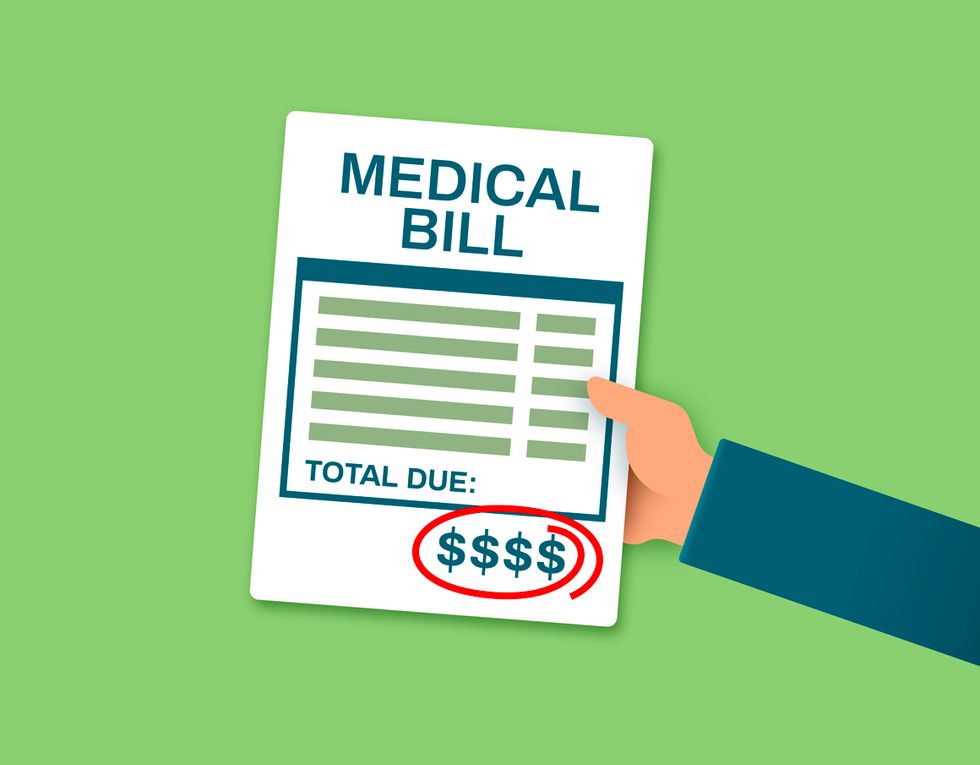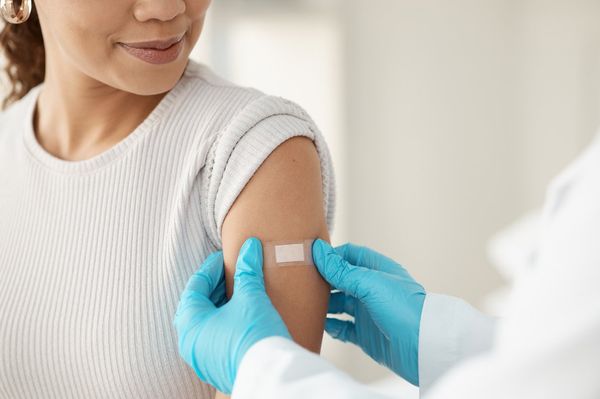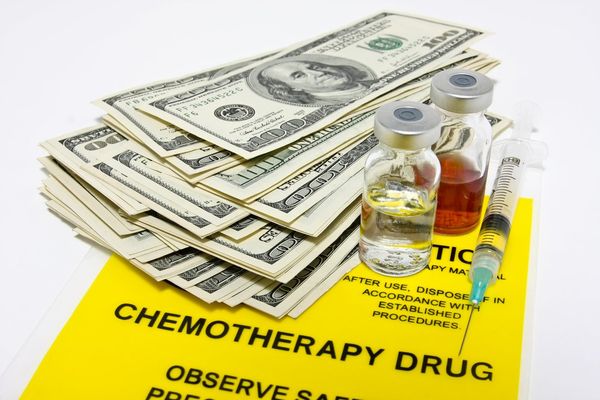By Carmen Heredia Rodriguez, Kaiser Health News
Even before a novel virus swept around the world, Anna Davis Abel wore a mask to protect herself from getting sick.
The 25-year-old writer lives with lupus, a chronic autoimmune disease that makes her more susceptible to catching a virus or an infection. Davis Abel’s doctor cleared her to travel to a literary conference in San Antonio in early March. Then she developed a sore throat and low-grade fever several days after arriving home in Morgantown, West Virginia.
Consulting a nurse on the phone, Davis Abel was told to manage her symptoms at home. But her symptoms only worsened, so she secured an appointment with her primary care doctor.
“At that point, I was, like, taking shot glasses of Sudafed,” she said.
Given the spread of the coronavirus and a chronic condition that left her vulnerable to a more serious case of COVID-19, she was concerned she’d been infected. To find out, her doctor first ordered tests to evaluate whether Davis Abel’s symptoms were caused by some other respiratory disease. According to the doctor’s notes in her medical record, “we needed to rule out all other viral possibilities before being eligible for the COVID-19 test.”
“Unfortunately at this time, COVID-19 testing is very limited and is not widely available to most patients,” the record noted.
Davis Abel tested positive for influenza Type B.
Then the bill came.
The Patient: Anna Davis Abel is a 25-year-old graduate student studying creative writing at West Virginia University in Morgantown. She is insured through an Aetna plan the university offers.
Total Amount Billed: WVU Medicine charged Davis Abel $2,121 for the visit and testing, according to records. Aetna initially paid $1,584.54 for these services. Abel was responsible for the copay, the remaining amount of her deductible and a coinsurance cost of 20%. In total, she owed $536.46.
The Providers: Davis Abel visited the WVU Healthcare University Town Centre clinic for her primary care appointment. A laboratory within the WVU health system processed her testing for respiratory disease. Both sites were in-network for her plan.
Medical Services: A BioFire Respiratory Panel was used to test a specimen collected from the back of Davis Abel’s nose and throat for more than a dozen respiratory diseases.
What Gives: Congress has taken action to make COVID-19 testing more affordable for consumers with health insurance.
The Families First Coronavirus Response Act requires private insurers to pay for certain services and items related to testing at no cost to the patient. A second piece of legislation, known as the CARES Act, expanded the number of tests and services insurers must cover at no cost. The latter law also requires health plans to reimburse out-of-network providers for their services. However, experts said, there are gaps in these federal protections that may expose patients to unexpected medical bills.
The guidelines state that insurers are required to cover the cost of an appointment without cost sharing only if the doctor orders or administers a COVID-19 test. Even if the patient shows symptoms and receives other care related to the novel virus, without a test the patient may be on the hook for the cost of the visit, said Sabrina Corlette, a research professor and co-director of the Center on Health Insurance Reforms at Georgetown University.
“They’re getting a battery of other tests,” said Corlette. “But because there’s not enough [COVID-19] tests, they can’t get this protection.”
A national shortage of COVID-19 tests complicates a patient’s ability to qualify for the federal safeguard. Despite efforts by the federal government and the private sector, some resources needed to increase testing remain scarce, said Janet Hamilton, executive director of the Council of State and Territorial Epidemiologists.
This reality means some medical providers, like Davis Abel’s doctor, must rule out other respiratory diseases before ordering a COVID-19 test, leaving some patients with a difficult choice. Do they seek medical attention and risk a high medical bill? Or do they forgo care altogether?
A second hole in these federal protections may leave patients holding the bill for their COVID-19 test, experts said. The law prohibits insurers from charging patients for testing, but it does not block medical providers from doing so. If an insurer does not cover the total amount charged by a provider, the patient may get balance-billed, or slapped with a surprise charge.
Guidance from the federal Department of Health and Human Services says that that should not happen because almost any patient can be considered at risk for COVID-19 right now, but it’s unclear if or how that will be enforced.
Davis Abel’s appointment was on March 11, making her ineligible for the protections offered by the federal laws. By then, however, Aetna had pledged to cover COVID-19 testing without cost sharing. The hospital system then sent Davis Abel a bill for the remaining amount.
WVU Medicine declined to comment on the case.
It’s unlikely Davis Abel is the only patient getting charged for care, according to Karen Pollitz, a senior fellow at the Kaiser Family Foundation. Pollitz said insured consumers may get dinged with a bill if they get care from an out-of-network provider even though the federal protections also require insurers to cover that cost.
Consumers may find protection from these bills through a requirement attached to federal relief funding for medical providers. Health care facilities that receive any of the $100 billion from the CARES Act Provider Relief Fund are not allowed to balance-bill patients for COVID-19 treatment. (Kaiser Health News is an editorially independent program of the foundation.)
Resolution: Aetna retroactively covered Davis Abel’s bill from the hospital after reporters made inquiries. In a statement, the insurer said it is waiving claims after receiving information from her provider that the services were related to COVID-19 testing.
It also said Davis Abel represents a “unique” case and is not aware of whether other members have submitted claims for services they needed to obtain a COVID-19 test. The insurer said it would waive additional testing related to the novel virus if the provider deemed those services necessary.
Before Aetna took action, two strangers read Davis Abel’s story on Twitter and sent her the full amount for the bill. She used the donations to help pay for a medical bill from a previous procedure.
Nearly 10 days after her appointment, Davis Abel received a drive-thru COVID-19 test offered by the same clinic. Her primary care doctor, who ordered the test, said in an email to Davis Abel that new data suggested patients could fall ill with the coronavirus and the flu at the same time.
Davis Abel’s fever and coughing had not subsided. Eight days after the test, she received her result. Negative for COVID-19. She did not pay for the test.
The Takeaway: Experts recommend that insured patients educate themselves about their health care plan. Seek care at an in-network provider whenever possible. Call the insurer to find out exactly what COVID-19 care it covers. Several insurance companies have pledged to waive cost sharing for treatment.
Uninsured consumers may be able to get a free COVID-19 test several ways, Pollitz said. One way is to visit an outpatient testing area at a facility that received relief funding — the law bars the provider from balance-billing patients for care related to the coronavirus.
Another option is through Medicaid. States may now use the government health insurance program for the poor and disabled to cover the cost of testing uninsured residents who qualify.
A third way consumers could receive a free COVID-19 test is through the National Disaster Medical System. That network of health care providers — generally activated in response to an emergency — treats patients and then charges the federal government for their services, said Pollitz. However, she acknowledged, it may be difficult to find a provider who participates in the program.
“The problem right now is the supply of them,” Sara Collins, vice president for health care coverage and access at the Commonwealth Fund, said about COVID-19 tests. “But once that changes, people need to be confident that they’re not going to be stuck with a big bill.”
Dan Weissmann, host of the podcast “An Arm and a Leg,” reported the audio version of this story. You can hear more about Davis Abel’s story on this week’s episode of the podcast.
Bill of the Month is a crowdsourced investigation by Kaiser Health News and NPR that dissects and explains medical bills.
Kaiser Health News (KHN) is a national health policy news service. It is an editorially independent program of the Henry J. Kaiser Family Foundation which is not affiliated with Kaiser Permanente.






